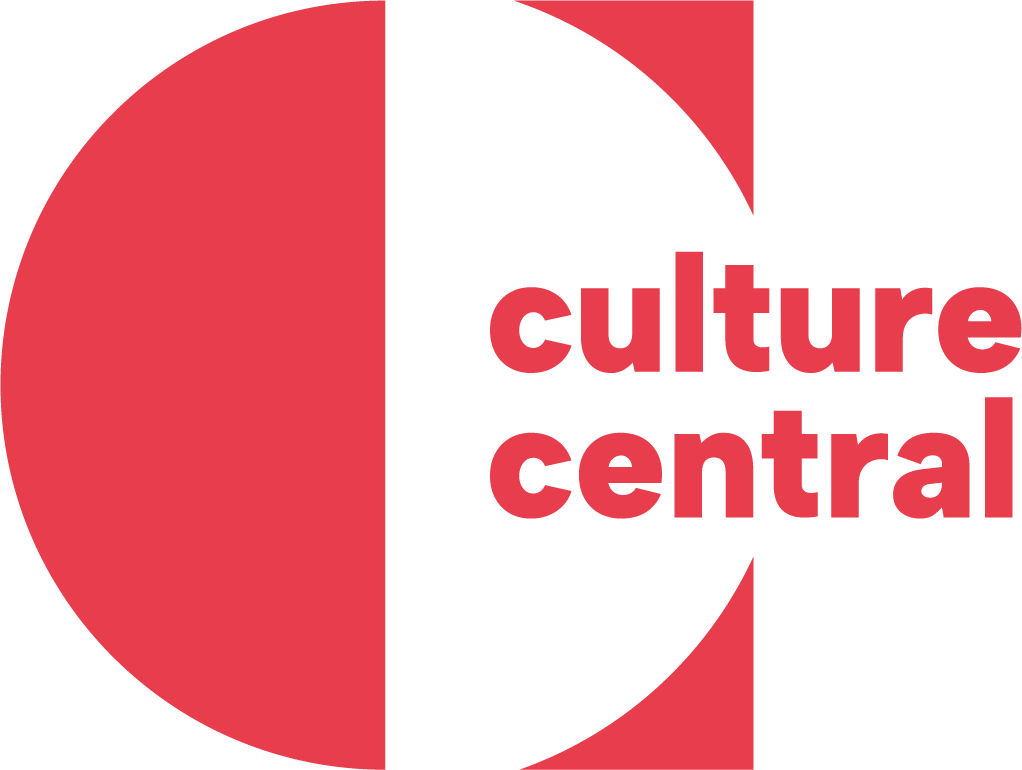What are 'our' components of a collective, actionable, cultural strategy?
With the ‘Collectively Strategising Culture’ summit just over a week away, we’ve been really excited and inspired to see so many leaders from across the cultural sector in the West Midlands sign up for our first annual summit in the West Midlands. Ahead of the day, Dr. Anthony Ruck, Culture Central’s Deputy CEO - Strategy & Policy, shares some of our contexts and thinking behind the development of the summit, and introduces the main question we’ll be asking throughout the day.
What are our contexts?
This week, the Centre for Cities released its annual outlook for 2024. ‘Cities Outlook’ is an annual health check that looks at the economic performance of urban British cities – specifically against indicators such as innovation, housing, skills, employment and productivity. This year, the Centre has also looked at the economic performance of cities since 2010 and highlights many issues that have a direct impact on our region, holding back our capacity and potential.
The report has highlighted how the West Midlands has continued to suffer from limited job growth and increased absolute child poverty – with four of the region’s cities in the top ten nationally for absolute child poverty. This national picture and analysis of the state of the region, has real impacts on the people and places of the West Midlands, and in turn, the cultural ecology that is located here.
One factor which the report highlights is the landscape of ongoing policy churn related to regional development, enacted by decades of successive governments. This policy churn has set the scene for direct material consequences on everyone who lives and works in the region. The recommendations for resolving these inequities include: sticking with the levelling up agenda and its focus on improving the performance of the largest cities outside of London, introducing the next phase of devolution, and reforming the planning system.
These recommendations lay out a plan for what cities (and regions) need to ensure that they meet the needs of the people and places that call them home; but point to a history of various strategies and structures such as Regional Development Agencies, Local Enterprise Partnerships, the Shared Prosperity Fund and ‘Levelling Up’ which need longer term, fixed plans. As a sector, we work with many other strategies and contexts, shaped by external partners, stakeholders and funders – but what if we came together collectively to decide on what our regional approach to success looked like for the long term? This is the starting point for our summit on the 7th of February.
The Center for Cities report is one of many pieces of important research and reflection about the state of the region. But as a sector that is often perceived to be subject to these social, economic and political changes, Collectively Strategising Culture is our opportunity to work together as leaders to create a shared sense of direction, purpose and responsibility to ourselves and our stakeholders.
Our strength as a sector lies in our collective ambition, and collective responsibility as we ask:
How can we buck the current trends and lead for our future?
How will we work together to drive forward a long-term vision for the region’s cultural ecology?
How do we ensure an ambitious, innovative, inclusive and sustainable sector?
What is our thinking?
‘Collectively Strategising Culture’ has a long genealogy that follows the growth and development of Culture Central as both a membership organisation and as the first place-based Investment Principles Support Organisation for Arts Council England. Culture Central was founded by some of the largest organisations in the region to broker investment, support and advocacy for its founder members in 2016 in response to austerity after the financial crash. In 2020, in response to the Covid 19 pandemic, we shifted again as an organisation, responding to the challenges that the sector faced by convening the West Midlands Culture Response Unit (WMCRU) for anyone who worked in culture in the region.
In doing this, we learned:
The greatest strength of the WMCRU was the way it connected and facilitated dialogue across the cultural sector in the region.
WMCRU helped to bring together all parts of the sector - from organisations and individuals working in different scales, art forms, expertise, geographical areas and experiences with fewer barriers to access.
The unique position of the WMCRU meant that it had a powerful voice in representing the sector, allowing it to advocate and lobby for culture, people and places within the region.
Our direction for the past few years has continued to build on this approach: that collectively we have the knowledge and skills to support each other and grow as a sector and by working together we can make significant change for the benefit of the people and places of the region. Our voice as a whole ecology is powerful together and will be heard by stakeholders and policy makers locally, regionally, nationally and internationally.
Why our summit?
Last year, our membership consultation helped us to determine who Culture Central should be, and who it should benefit. Following this consultation, we have expanded to support the whole West Midlands region, welcoming new members from Stoke on Trent to Worcestershire. We strive to represent the diversity of the sector in the region with international, national and local organisations of all scales and sizes, freelancers, community organisations and individual artists and creatives. Our strength is in the collective support we offer to each other and the wider sector.
One key request that emerged from our membership consultation was a need to bring together this whole regional cultural ecology, to reflect and celebrate the successes of what we do as a sector on a national and international platform – showcasing what we do and the power of our work through culture. Our annual summit was created in direct response to this.
Back in early 2023, when we began to plan the summit – we started to play with these ideas and content and, our ambitions to showcase and celebrate all that has been achieved over the past few years. We wanted to move ahead as a sector and start planning our future however, we began to recognise many of the challenges that remained out of our control - the cost of living crisis, culture wars and short-term political and funding cycles made it challenging to work collectively, vision and plan for the long term.
We realised that as a sector, we were often working and operating in response to these changing conditions, policies and strategies – but wanted to ask – what would it look like if we as a sector came together to work out what we want to do and who we want to do it for. ‘Collectively Strategising Culture’ is the moment where we come together as leaders, interested in the role of creativity and culture in regional development and strategy to ask the question:
What are 'our' components of a collective, actionable, cultural strategy for the West Midlands?

